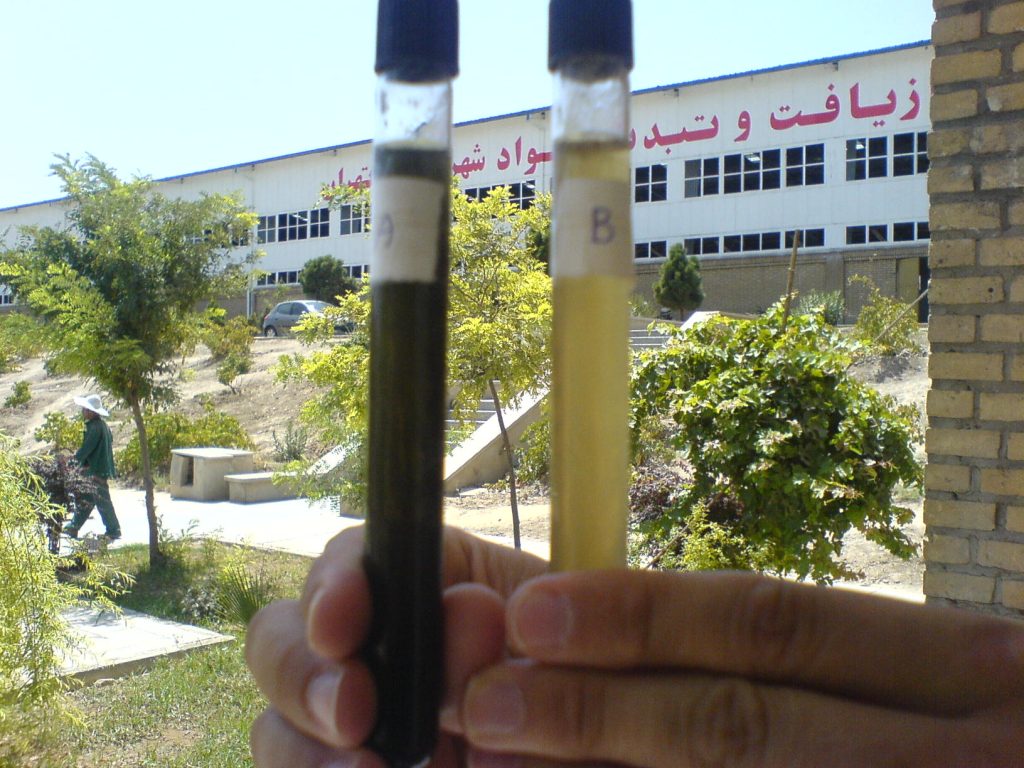Landfill and leachate
With the increase in population and the huge volume of waste generated and created pollution of aquatic environments, soil, and air by it and the resulting problems for humans and other living organisms, the waste management is a very important issue.
Waste type:
municipal waste
Hospital waste
Livestock waste
Agriculture waste
Industrial waste
Mine waste
Construction waste
Waste pollution and contamination type
- Heavy metals
- Dangerous chemical compounds such as toxins, insecticides
- Microorganisms, bacteria, fungi, viruses, infectious agents and pathogens
- Radioactive and nuclear materials such as aterials used in laboratories, hospitals, nuclear activities
- Gases such as ammonia and hydrogen sulfide
- Leachates
- COD and BOD5

Zeolite
Natural zeolites are porous aqueous aluminosilicate minerals with nanometer pores that due to specific properties are able to help waste management. Water absorption, high cation exchange capacity, wide specific surface area, high chemical stability, environmental friendly nature, and reasonable price are the key features of this mineral that make it an ideal material in the discussion of waste disposal.
Zeolite benefits in landfill and waste leachate
- Absorption of heavy and harmful metals such as Pb, Cd, Hg and reducing their entry into aqueous and terrestrial environments using cation exchange capacity
- Reduce the microbial, bacterial and viral contamination due to its antibacterial and antiviral properties as well as moisture absorption
- Reduction of leachate due to moisture absorption
- Reduce the amount of radioactive material
- Creating an insulated landfill and preventing leakage of contaminants into water and soil
- Absorption of toxins, insecticides and some harmful chemicals
- Decreased BOD and leachate COD
- Accelerate and improve the waste composing process due to its catalytic properties
